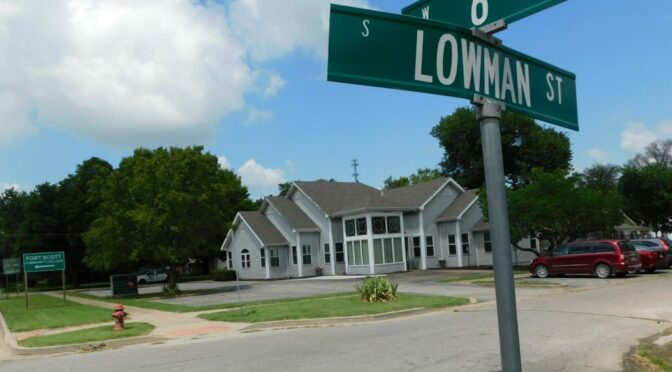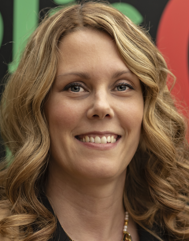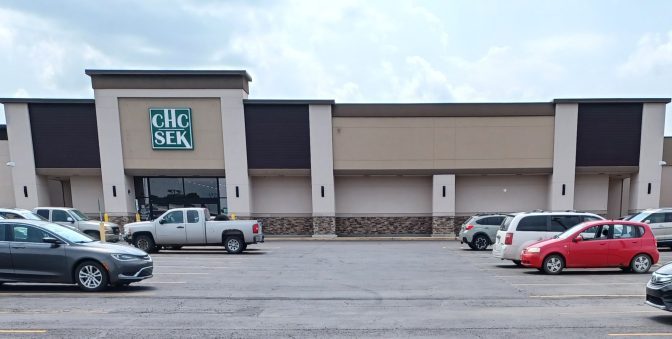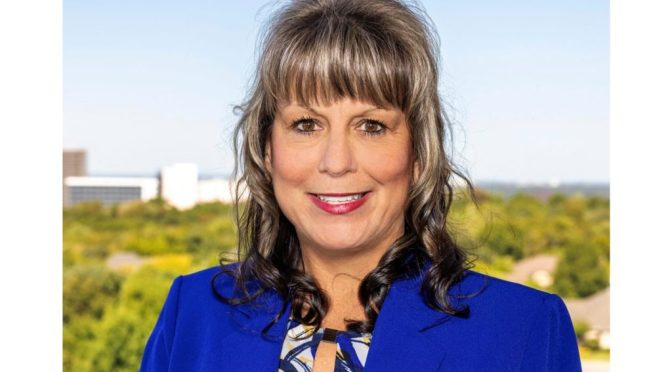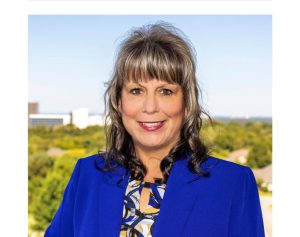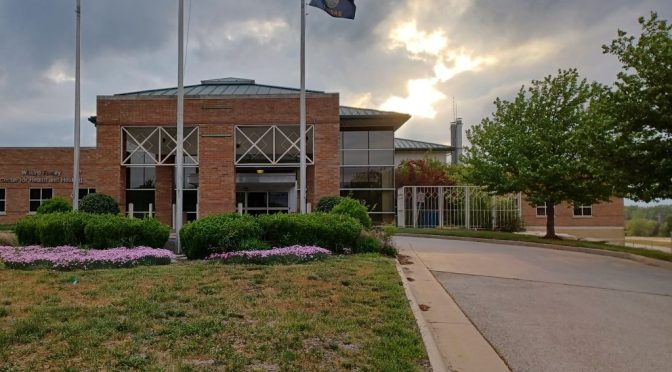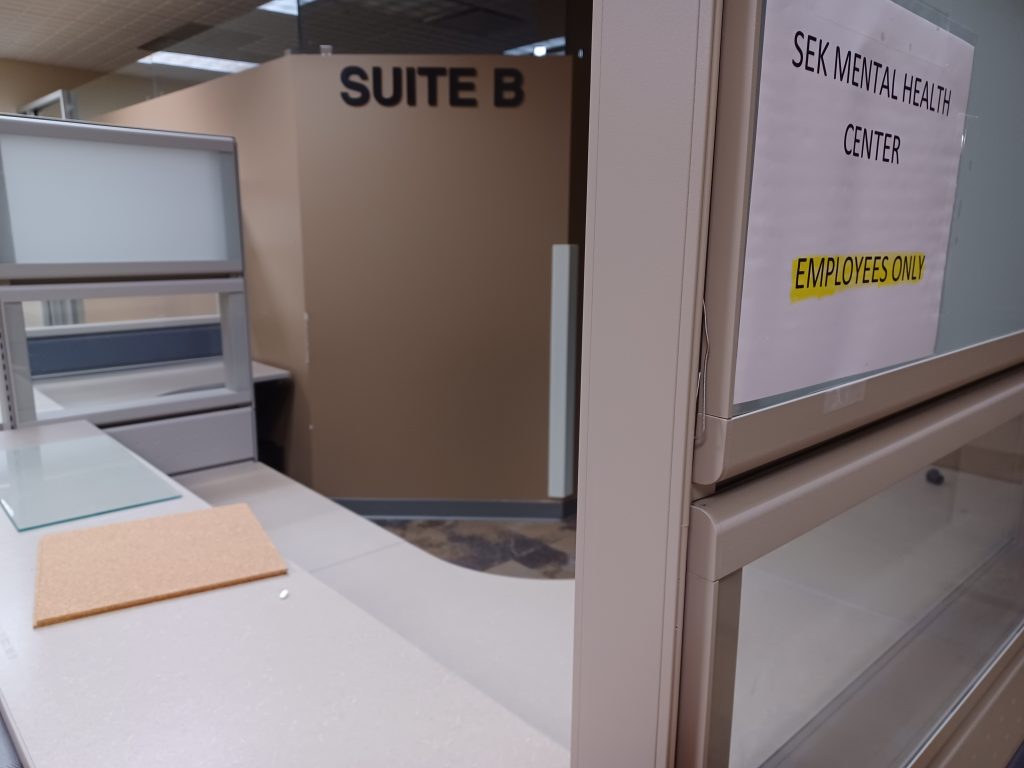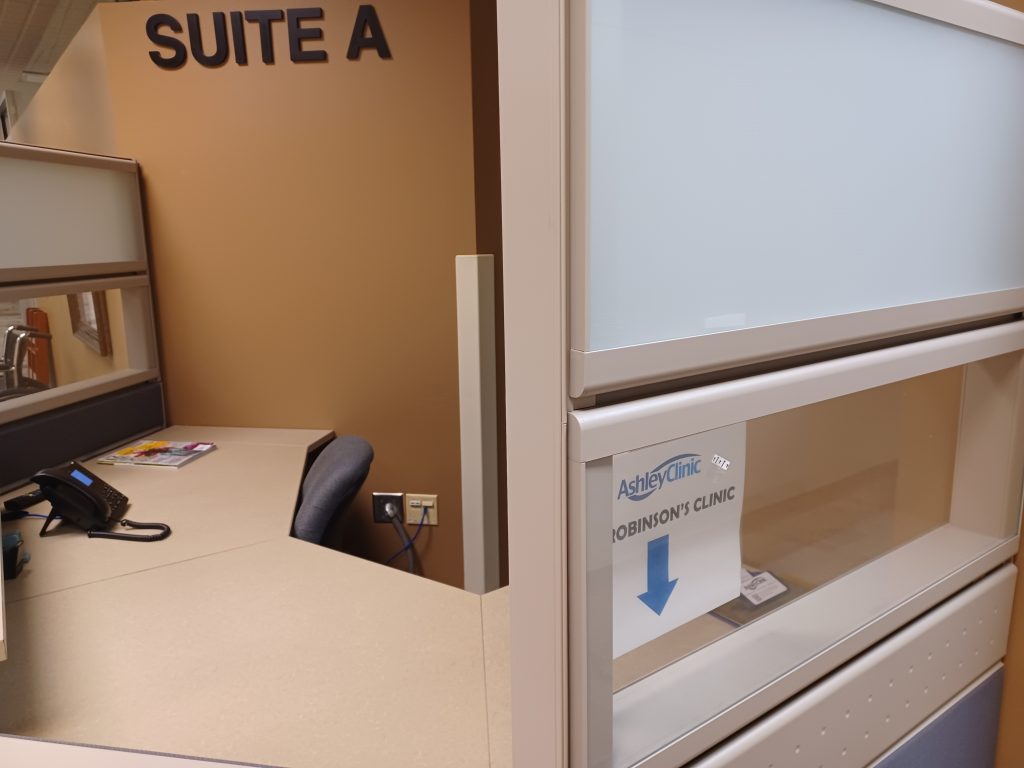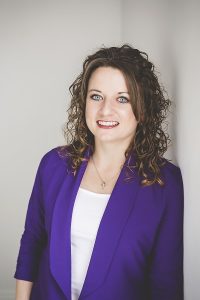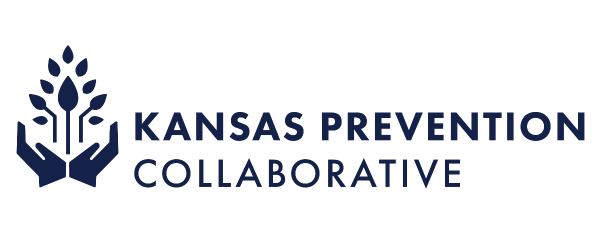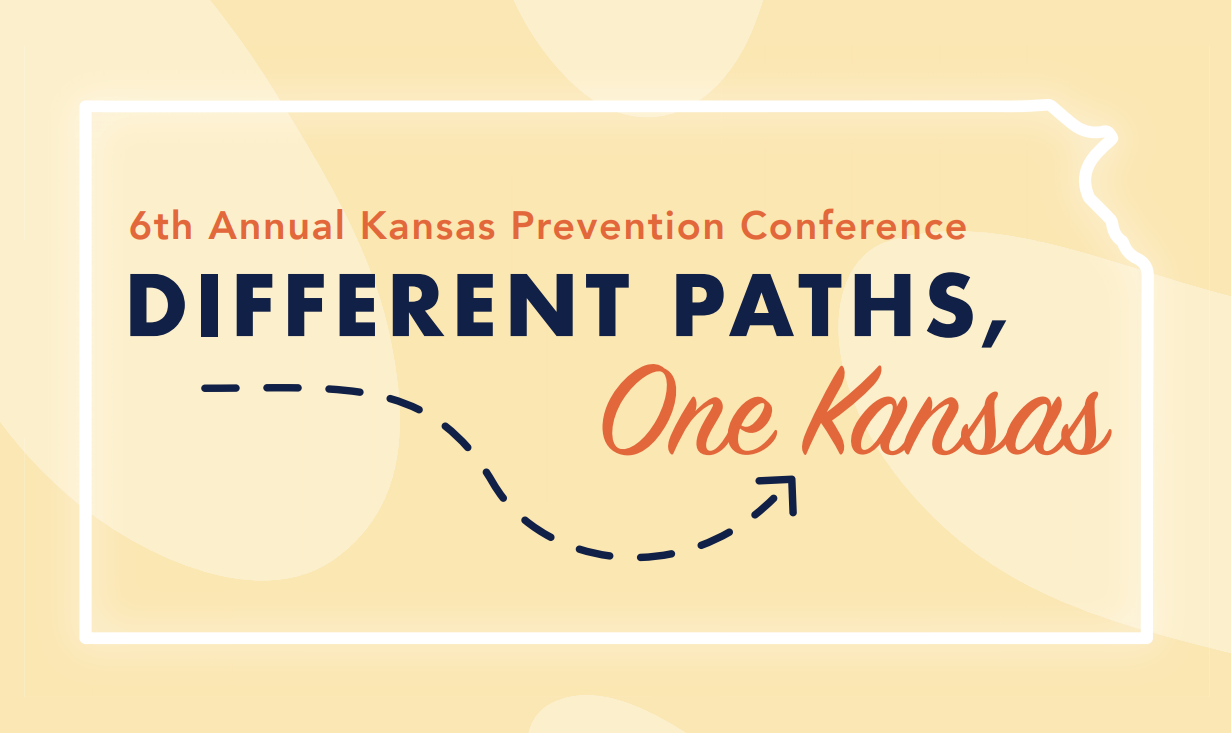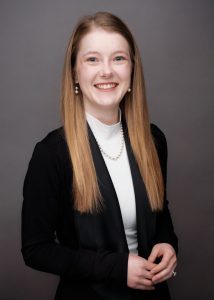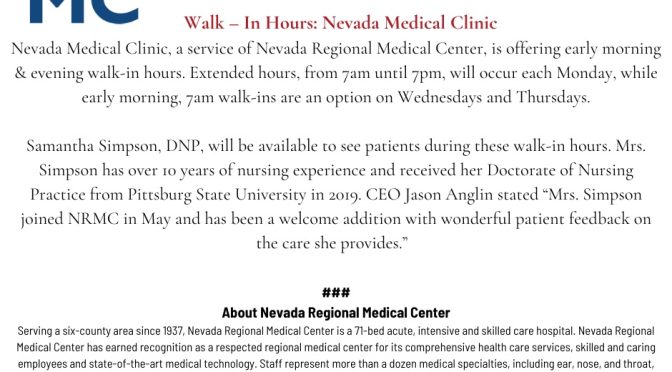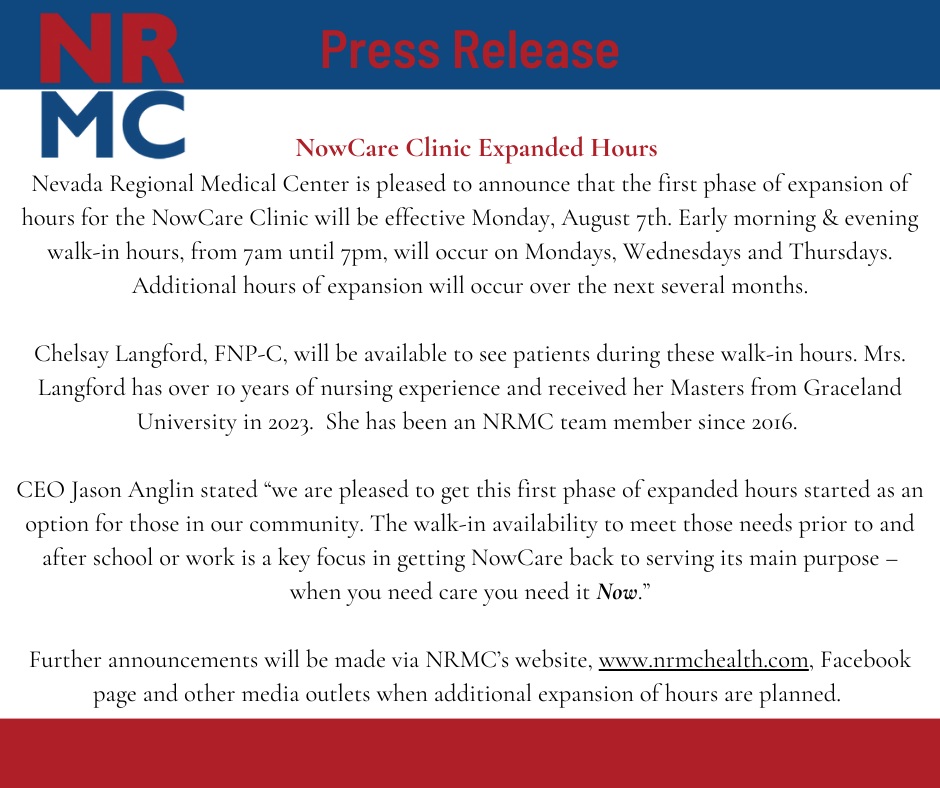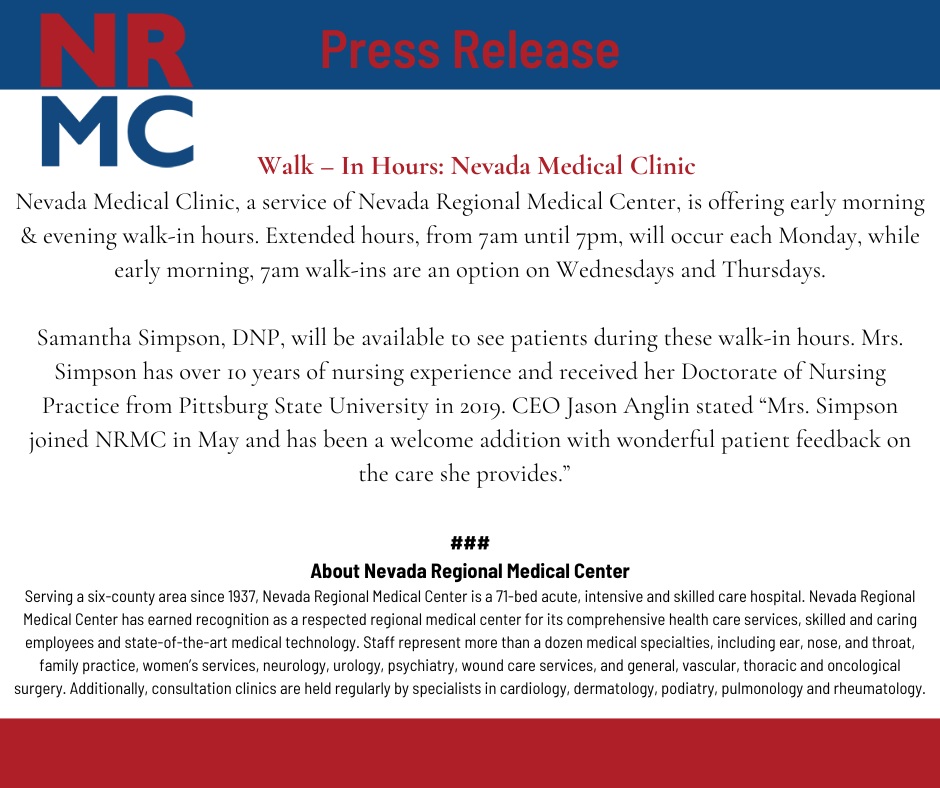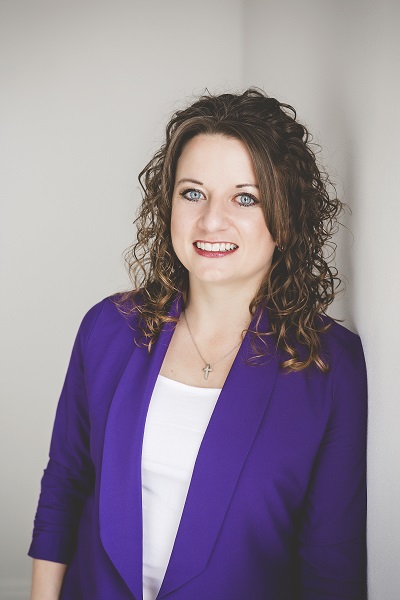
The secret to living healthier, happier and longer lives has been out for many years now. Decades-long research from explorer Dan Buettner reports areas of the world where people seemed to be living longer and healthier and termed the locations ‘Blue Zones’. His recent Netflix documentary gives a visual and is now trending as a top streaming pick.
The five original Blue Zones are in Italy, Costa Rica, Greece, Japan and California, with Singapore being added later.
So why do people in these areas live so long and so well? The answer is simple — lifestyle. Their lifestyle includes a healthful diet, daily exercise, and a low-stress style of living that focuses on family, purpose, religion, and meaning. Here are a few lifestyle aspects that Buettner has found in his research.
Move naturally. If you are like me and do not like to go to the gym, you might be inspired by this one. Those in the Blue Zones build movement naturally into their day by walking to the store, gardening, or sitting on the floor instead of lounging in a chair.
Downshift. This relates to stress relief. Here there is a lot of talk about mindfulness and reducing stress but in Blue Zones it seems to be a natural practice. For example, in Okinawa, Japan, people take a minute every day to remember their ancestors. In Loma Linda, California, people take time to pray every day. In Greece, it’s an afternoon nap. In Italy, a Happy Hour.
Plant Slant and the 80% Rule. Blue Zone diets include meat, however it’s about a tenth of the amount Americans eat. Incorporate more plant-based foods, such as beans and nuts and green leafy vegetables and try ways to add herbs for flavoring. Another principle allows your stomach to catch up to your brain by eating only until your 80% full.
Build that Social Network with Purpose. Blue zones have similar prioritization of family and community. A network of support and a sense of belonging is good for the body and the soul. This has often been found in a faith-based community, but it doesn’t have to be. It can be accomplished within an interest group or through volunteer project work. We do know that habits are often contagious so surround yourself with others that inspire you to live a healthier life style!
There’s no quick fix or one thing that will create this all-encompassing health change. It requires dozens of small steps that can move us toward a healthier life. We can start this within our home in small increments to improve connections, increase movement, and decrease stress.
For more information, contact Tara Solomon-Smith, [email protected], or call 620-244-3826.
# # #
Kansas State University Agricultural Experiment Station and Cooperative Extension Service
K-State Research and Extension is an equal opportunity provider and employer. Issued in furtherance of Cooperative Extension work, acts of May 8 and June 30, 1914, in cooperation with the U.S. Department of Agriculture, Director of K-State Research and Extension, Kansas State University, County Extension Councils, Extension Districts.

